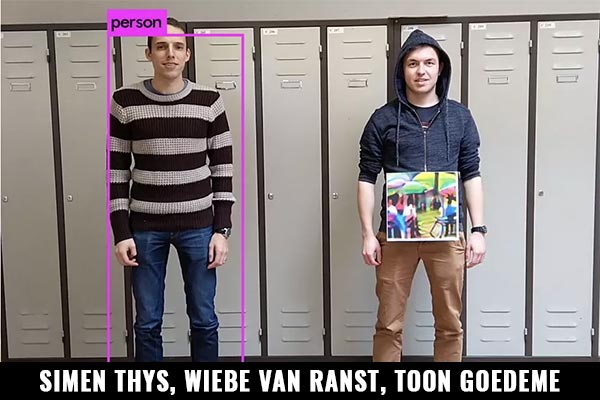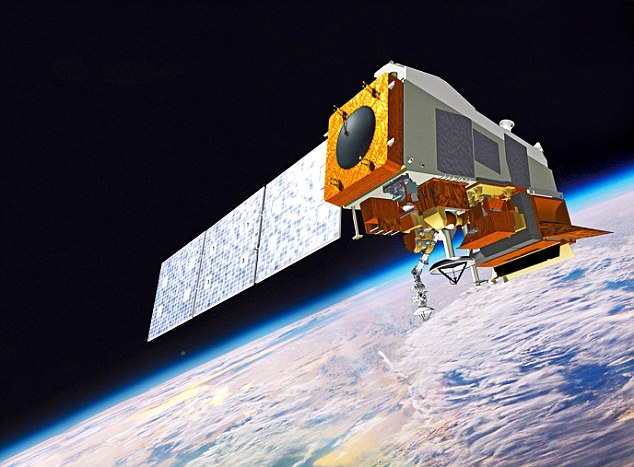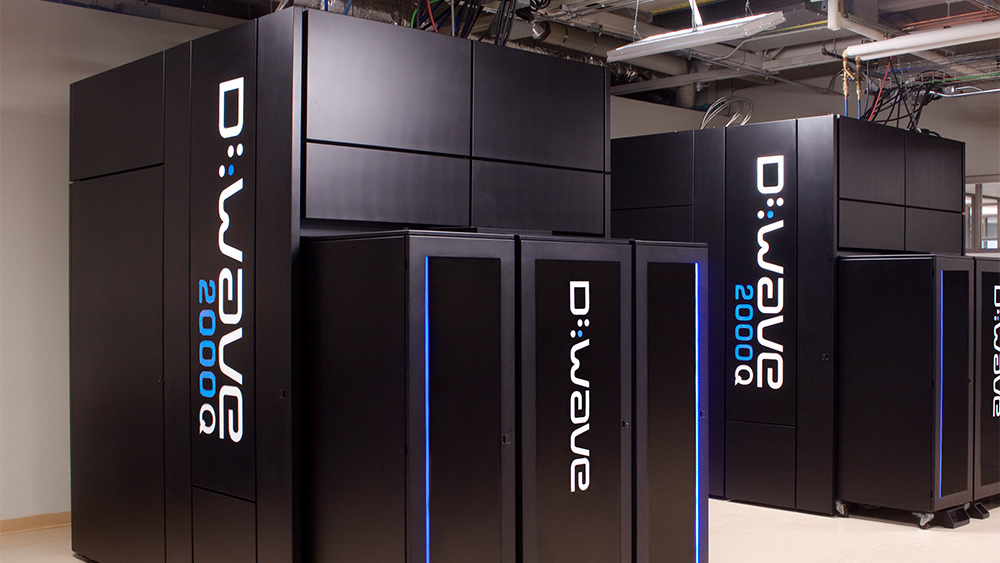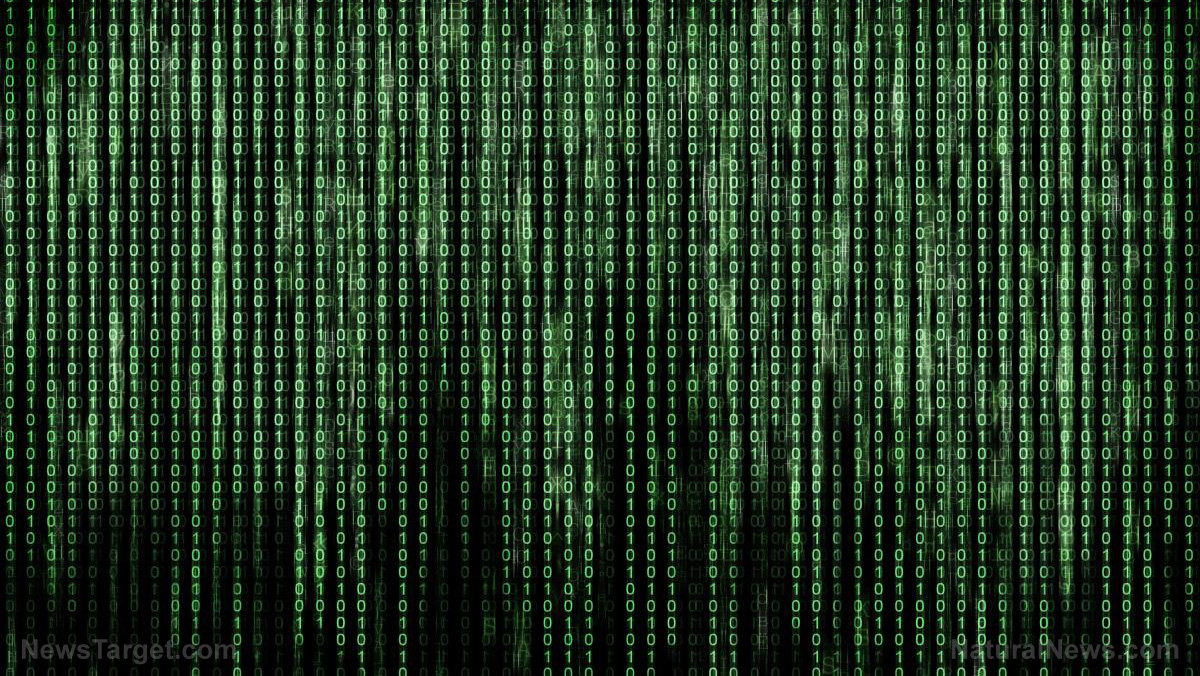MIT professor claims we are likely living in “The Matrix” – quick, take the red pill
10/22/2019 / By Arsenio Toledo

Are we living in a simulation? According to Massachusetts Institute of Technology (MIT) professor and computer scientist Rizwan Virk, it’s very likely.
Virk’s ideas develop upon those first theorized by Oxford philosopher Nick Bostrom known as the simulation hypothesis. In this, he outlines three possibilities:
- That humanity, like many other human-like civilizations before it, will go extinct before it can have the technological capacity to create a simulation-based reality;
- That humanity, once it reaches the technological capacity to do so, will mostly likely choose not to run a simulation of their evolutionary history; or
- That we are currently living in a simulation because another species in a “base reality” already has the technological capacity to run a simulation-based reality and has chosen to do so.
Reality is being generated by a computer
In an interview, Virk explains what the simulation hypothesis is: “The simulation hypothesis is the modern equivalent of an idea that’s been around for a while, and it’s the idea that the physical world that we live in, including the Earth and the rest of the physical universe, is actually part of a computer simulation.”
Virk uses “The Matrix” as an example. In the movie, Neo, played by Keanu Reeves, was given a choice by the character Morpheus, played by Laurence Fishburne, to take the blue pill or the red pill. If he takes the red pill, “he wakes up and realizes that his entire life, including his job, the building he lived in, and everything else, was part of this elaborate video game, and he wakes up in a world outside of the game.”
He goes on to say that there’s a very good chance that this is the kind of world we are living in, stating that there’s plenty of evidence pointing to the simulation hypothesis being our reality. Virk believes that the world is “based on information,” with that information coming from a computer powering our existence.
Humanity is close to creating its own simulation
As to the implications of the simulation hypothesis, Virk goes back to Bostrom’s main argument that only one civilization in the history of the universe needs to reach this point wherein they have the power to create high-fidelity simulations in order to create billions upon billions of simulations, with each one capable of containing trillions of beings and organisms – because all that civilization really needs is a computer that is powerful enough to do this.
And Virk believes humanity is close to the “simulation point,” or the point when humanity will finally have the technology to run these high-fidelity intelligent simulations that can contain trillions of beings and organisms. “Within a few decades to 100 years from now,” he predicts. Given that simulated models of the known universe are already being developed, it’s not far-fetched to think that computers will get powerful enough to be able to do this. The question is whether or not humanity should. The choice, as it turns out, isn’t that easy.
Ethical questions are raised when it comes to that decision, because simulated humans will have to go through the same life that biological humans did – this includes the pain and suffering that people experienced. In Bostrom’s hypothesis, humans have the capacity to create simulated realities, but choose not to. This will be either due to the moral implications or due to a desire to use that technology to further advance their own quality of life instead.
With science advancing at breakneck speeds, perhaps it’s a good idea to question whether or not creating a simulated reality is the best course of action for humanity. Should the technology of the future be used to create ancestor simulations, willingly making those simulated beings experience both the pains and pleasures that life has to offer? Or should humanity simply use that technology to better enrich the lives of other people?
Sources include:
Tagged Under: ancestor simulation, Augmented Reality, badtech, base reality, blue pill, computer simulation, computers, Data, Elon Musk, future science, future tech, Glitch, information technology, Morpheus, Neo, Nick Bostrom, privacy, reality, red pill, research, Rizwan Virk, science and technology, Sims, simulated reality, simulation, simulation hypothesis, supercomputers, surveillance, technology, The Matrix, universe, Virtual reality
RECENT NEWS & ARTICLES
COPYRIGHT © 2017 INFORMATIONTECHNOLOGY.NEWS


















